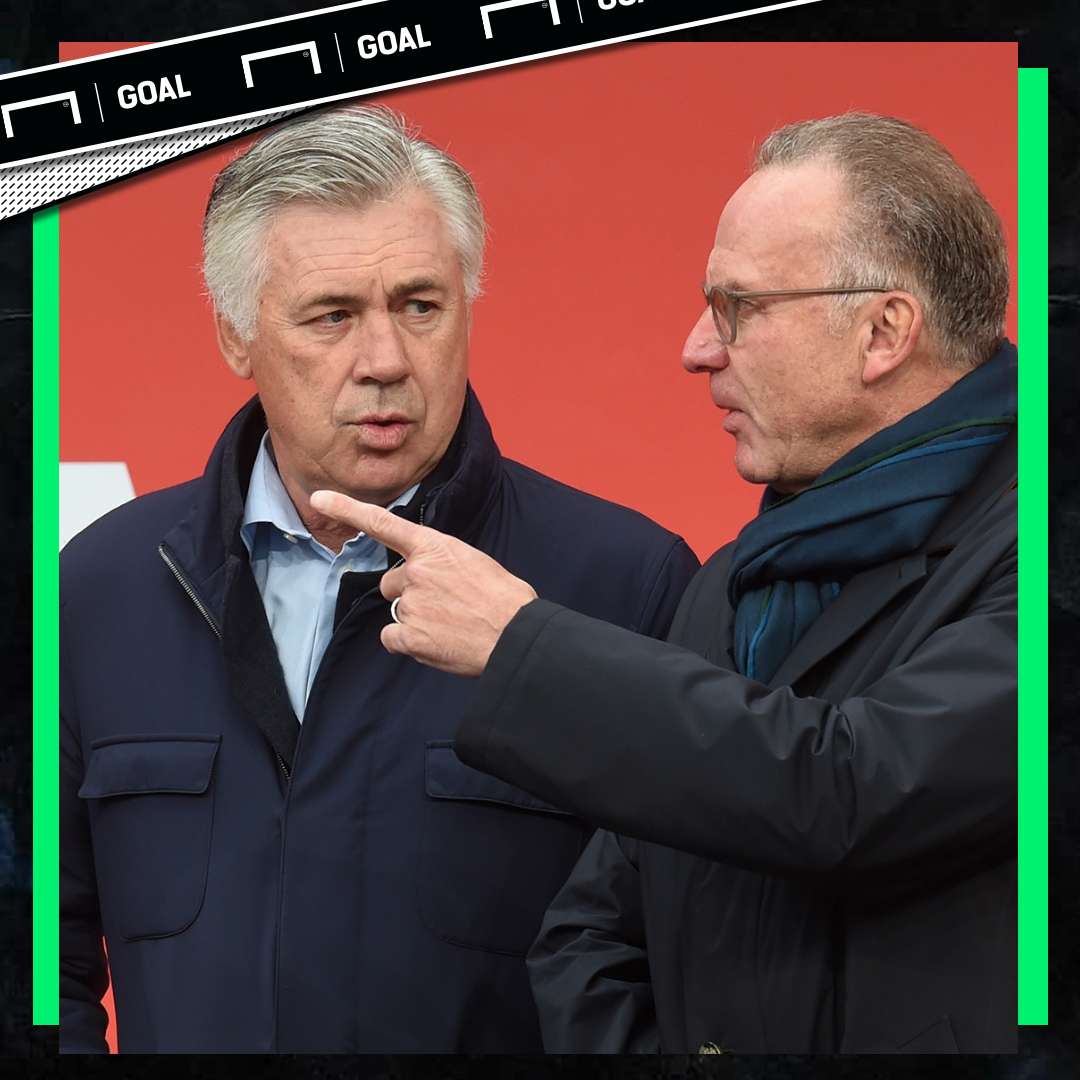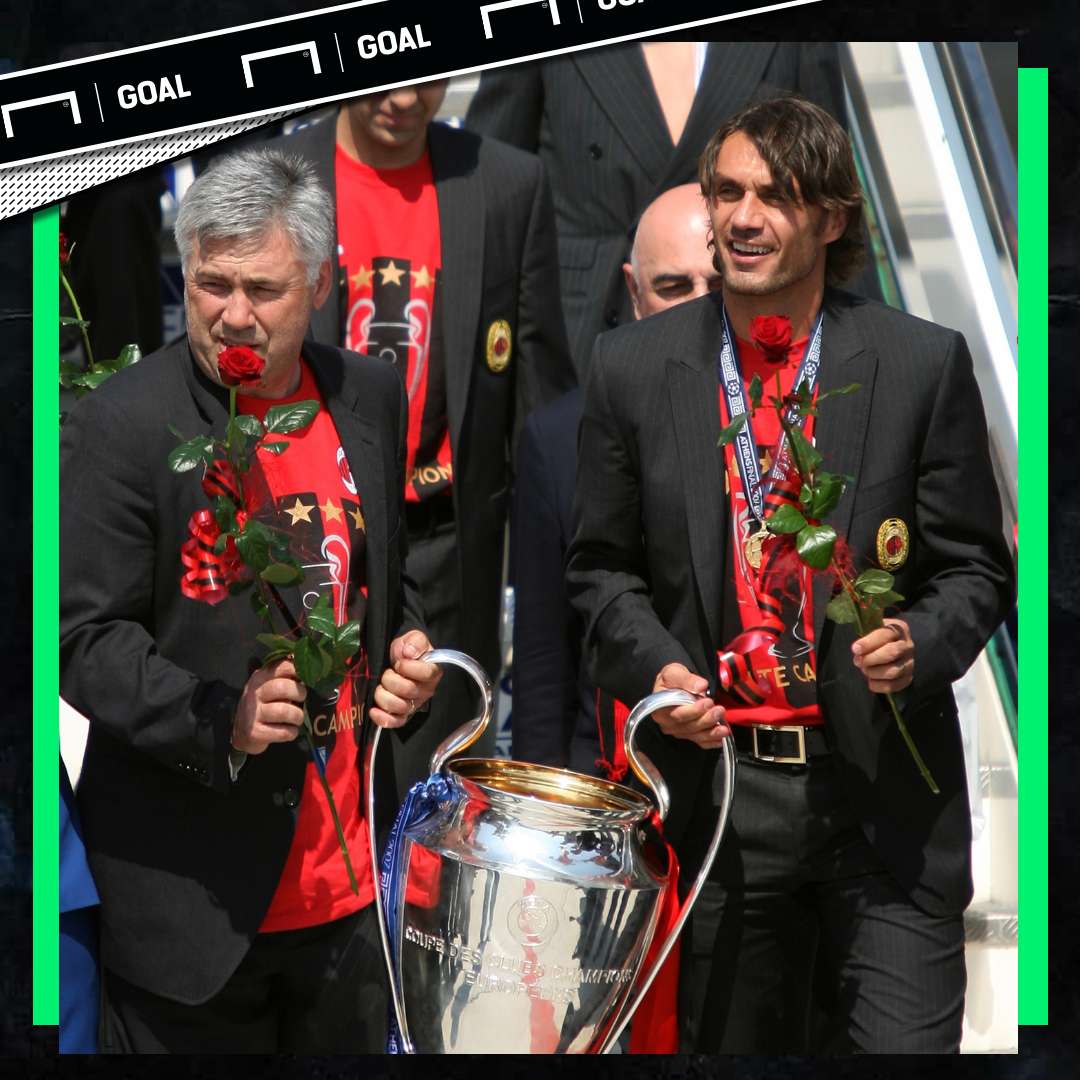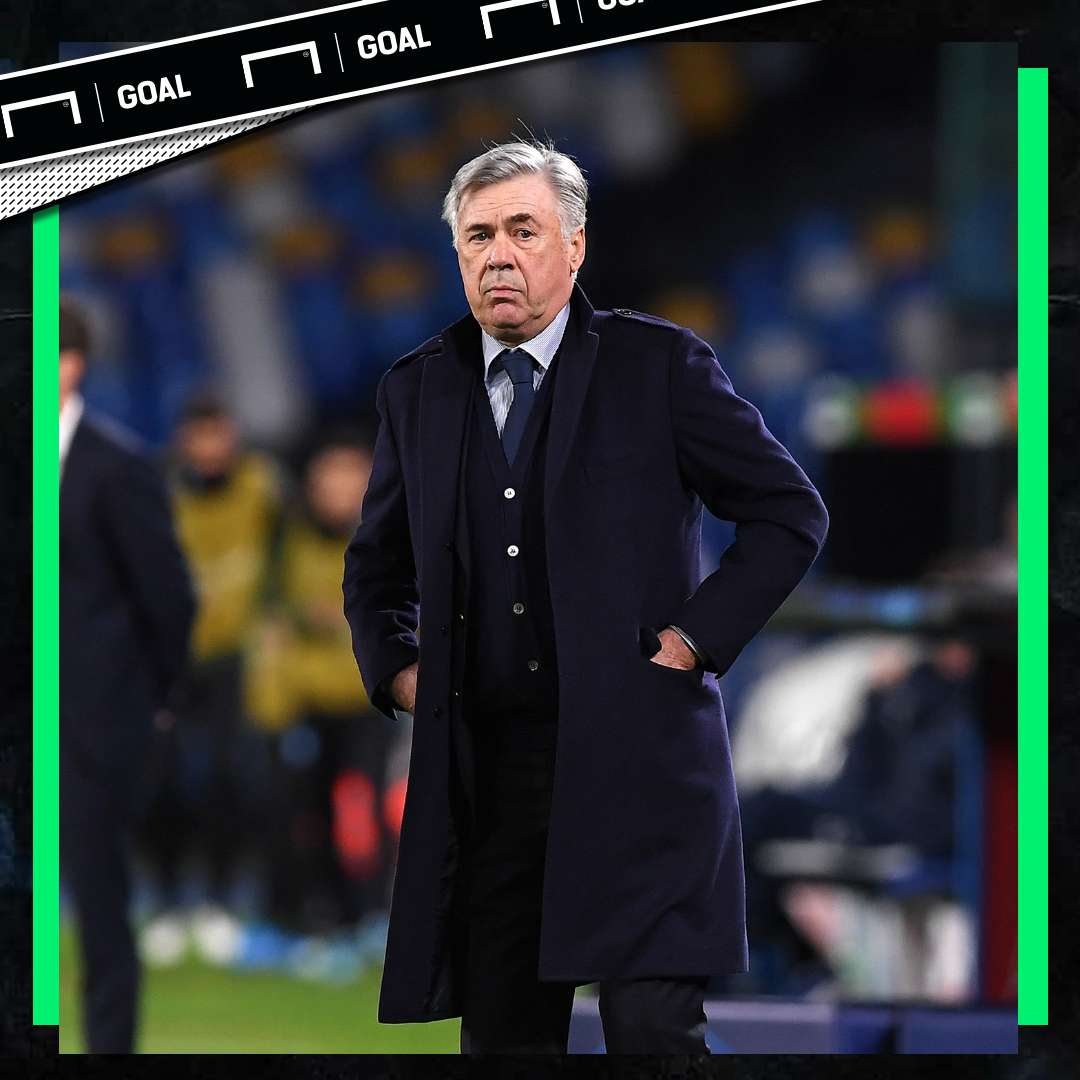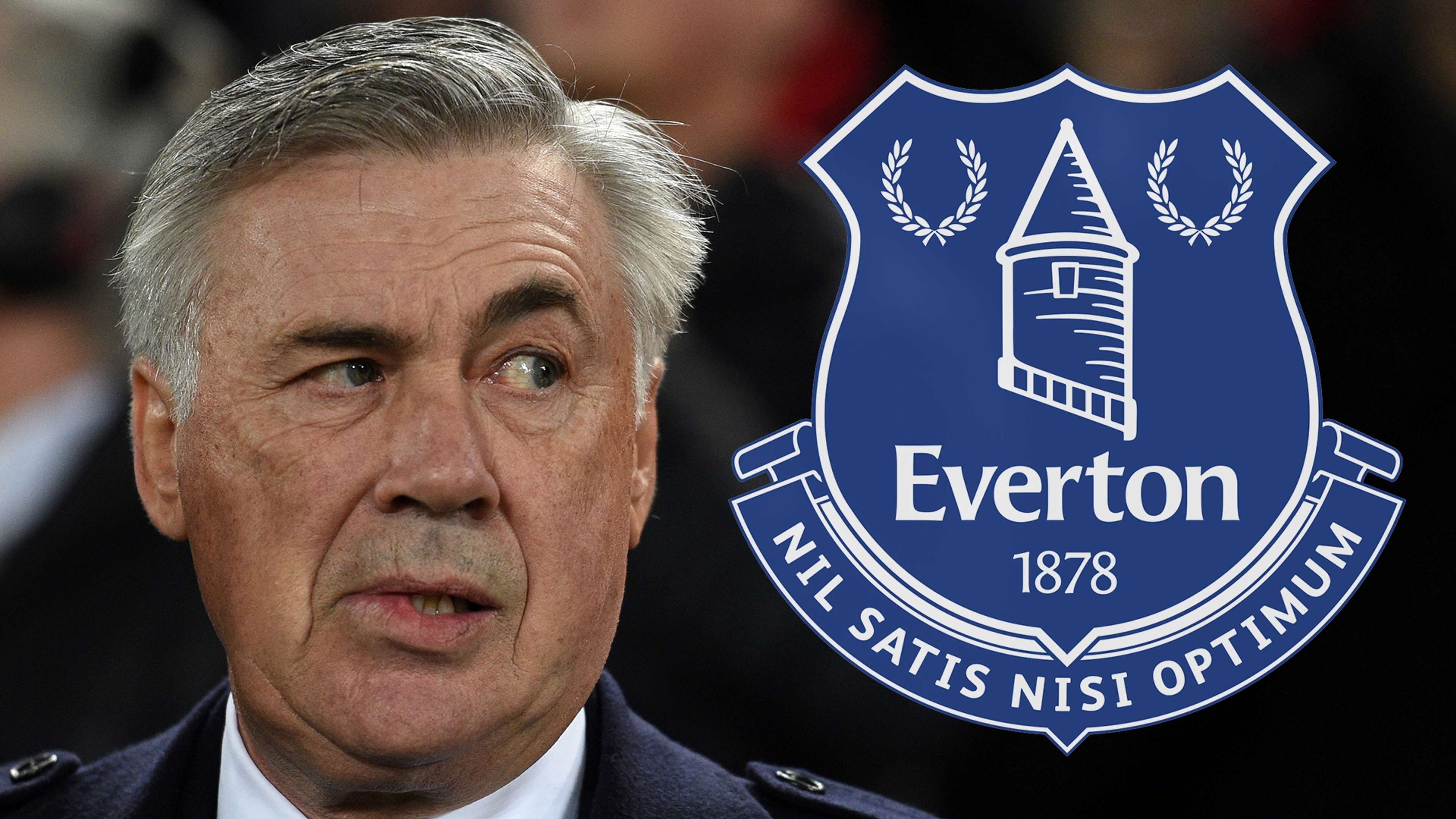Carlo Ancelotti used to be somewhat disparagingly referred to as a 'cup specialist'. He even humorously entitled his autobiography 'I Prefer The Cup'.
Now, though, Ancelotti is arguably becoming more associated with tearful goodbyes.
When Bayern Munich CEO Karl-Heinz Rummenigge relieved him of his duties as head coach in 2017, he was taken aback by Ancelotti's response.
"It's okay," the former AC Milan midfielder assured the German. "You're not my boss anymore but we're still friends."
"I had to cry," Rummenigge later admitted.
There was a barely a dry eye at Castel Volturno either when Ancelotti came to collect his possessions after being sacked by Napoli earlier this month.
According to the Corriere dello Sport, the coach, his assistant – and son – Davide, club vice-resident Edoardo De Laurentiis and even some players were left in tears.
Many supporters, meanwhile, were enraged by their club’s decision to dispense with the services of one of the most respected and successful coaches in world football.
"The sacking of Carlo Ancelotti is a defeat," wrote Gomorrah actor and Napoli fan Salvatore Esposito. "A great defeat for the club, the coach and the players, regardless of the results. Honour goes to a great man and a great coach."
Anyone who has worked or dealt with Ancelotti would certainly share the view that the intelligent, dignified and witty Italian is a "great man".
Former AC Milan captain Paolo Maldini once revealed how Ancelotti would often crack jokes before major finals to defuse the tension in the dressing room.
Whether Ancelotti is still a "great coach", though, has become a talking point of late.
 Getty/Goal
Getty/Goal
The three-time Champions League winner has long been regarded as a masterful man-manager, the kind of calming presence who can bring order and unity to the most unsettled of dressing rooms.
He offers players greater freedom in exchange for staunch support. Loyalty is rewarded with trust. In that sense, he taught former right-hand man Zinedine Zidane everything he knows.
Ancelotti's warm approach and powers of diplomacy have served him well. He excelled working with some of the most temperamental players in world football, and working under some of its most demanding owners.
He won two Champions Leagues with Silvio Berlusconi's AC Milan, a domestic double for Roman Abramovich's Chelsea, a first Ligue 1 title for Paris Saint-Germain's Qatari owners, and la Decima for Florentino Perez's Real Madrid.
It is a remarkable roll of honour, testament to his powers of communication and his incredible ability to adapt to the unique challenges that come with working in different countries.
It's also why Everton are willing to reportedly make Ancelotti the third-highest paid manager in the Premier League, after Jose Mourinho and Pep Guardiola.
Toffees owner Farhad Moshiri has long sought a high-profile boss to help him turn the long-suffering Merseyside club into a major player in the Premier League and Ancelotti is undeniably one of the game's big names. But is he really the right coach for such a job?
With all due respect to Everton, it will be the smallest club Ancelotti has coached since he started his career at Reggiana in 1995.
Even when he took charge of Parma in 1996, the Italian dairy multinational Parmalat had already transformed a provincial outfit into one of the strongest teams in Europe, as underlined by their UEFA Cup triumph the year before.

Subsequent employers Juventus, Milan, Chelsea, PSG, Bayern Munich, Real Madrid and Napoli may have all had their issues when Ancelotti arrived, but they were all still regular qualifiers for European competition and either richer or more successful than Everton.
Ancelotti has been promised money to strengthen the squad but even if they avoid relegation this season, attracting top talent to Goodison Park this summer without the lure of Champions League football will be far from straightforward.
Everton, thus, represents arguably the greatest ever test of Ancelotti's coaching skills. And at a time when his greatest strength – man-management – is now being perceived by some as a weakness.
Ancelotti won the Bundesliga in his first season at Bayern, in 2016-17, but was sacked just over a month into his second, having lost the support of the most important members of the dressing room.
Players who had previously welcomed Ancelotti's laissez-faire approach quickly came to miss the demanding but detailed tactics of his predecessor Guardiola.
It may have pained Rummenigge to let Ancelotti go but he felt he had been left with no option. It was a similar story with Aurelio De Laurentiis at Napoli.
In this instance, the players didn’t turn against Ancelotti. But, just as damagingly, De Laurentiis felt that the 60-year-old could no longer control them, after Lorenzo Insigne & Co. defied the president’s order to return to their ritiro (enforced team hotel retreat) after the Champions League draw with RB Salzburg last month.
De Laurentiis felt that Ancelotti had not taken a strong enough stance with the players, whom he publicly supported in public before the game, and deemed the mutiny his fault. Hence the decision to replace him with renowned 'strong man' Gennaro Gattuso.
 Getty/Goal
Getty/Goal
Whether that was the right call is obviously hugely contentious and De Laurentiis’ decision to pull the trigger immediately after Ancelotti had led Napoli into the last 16 of the Champions League certai shocked many – including Ancelotti, who asked the supremo, “Are you sure?”
De Laurentiis was in no doubt, though. After all, Napoli had been in freefall for some time.
They finished second last season but their campaign had tailed off badly after their Scudetto bid collapsed, with De Laurentiis first starting to doubt Ancelotti’s suitability to the role after the 3-0 aggregate loss to Arsenal in the Europa League last 16.
The film producer was still willing to back his coach in the summer transfer market, though, providing Napoli with a squad that Ancelotti publicly admitted was capable of challenging Juventus for the title.
So, it was hardly surprising that he ended up paying for the fact that Napoli were seventh after 15 rounds, having failed to win any of their previous seven Serie A games, and it is worth noting that Ancelotti left with his lowest top-flight points-per-game average (1.89) since his time at Parma (1.76).
In Italy, and evidently in England, Ancelotti’s reputation rightly remains intact, both as a great man and a great coach.
But he made his name coaching teams at the top end of the table. Now he’s down at the bottom. What's more, this is not a manager known for long-term projects; he hasn't spent more than two years at a club for a decade.
Everton, therefore, represents a massive risk for Ancelotti at this stage of his career. And Ancelotti, in turn, represents an expensive gamble for Everton.
So, don’t be surprised if it all ends in tears. Again.
